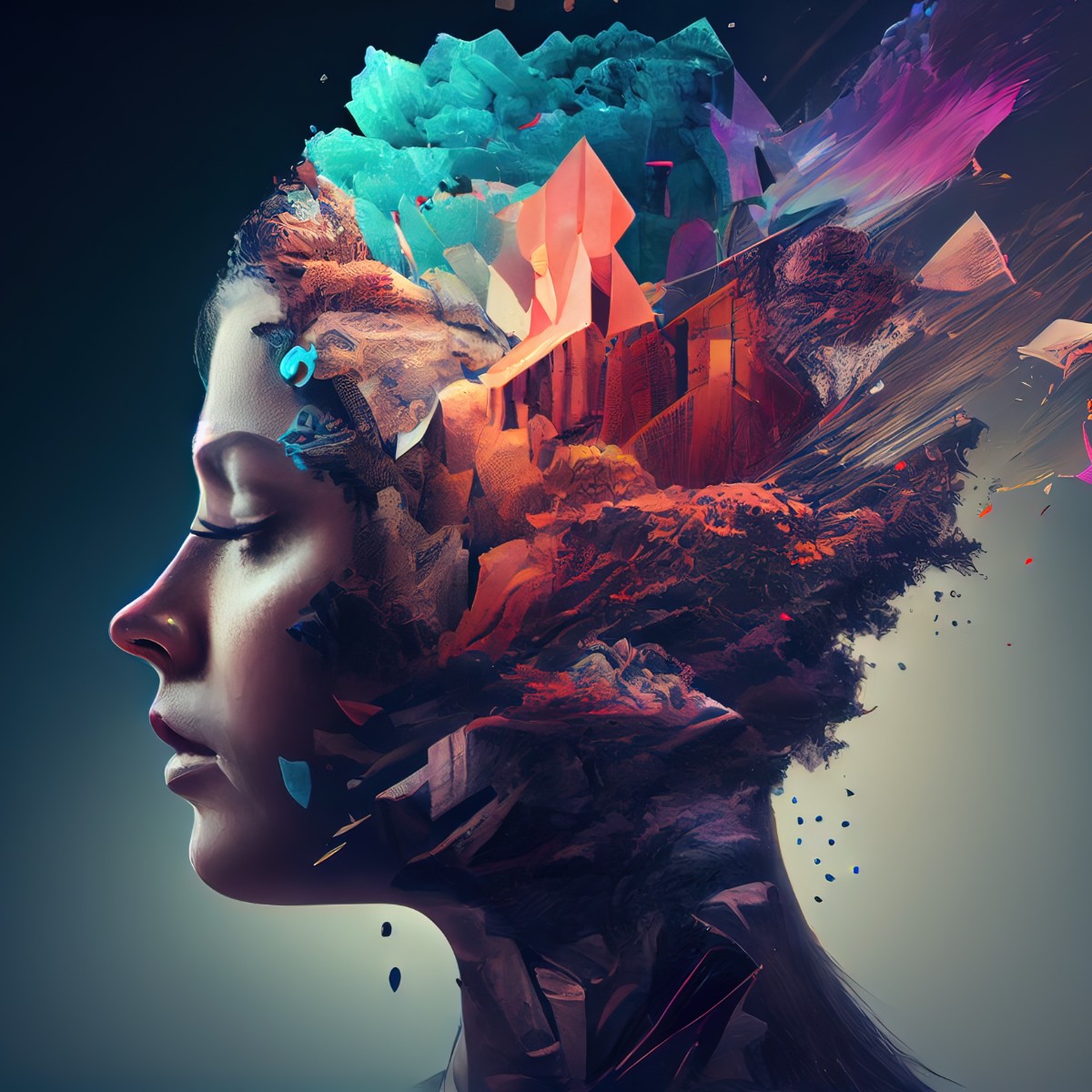Dopamine- the hormone which functions as a neurotransmitter (chemical released by nerve cells to send signals to other nerve cells) and plays a major role in the motivational component of reward-motivated behavior. Dopamine increases enjoyment and is necessary for changing bad habits.
Dopamine is the reward hormone and is produced while eating, goal achieving, solving problems and taking care of yourself.
Endorphins - the hormone which inhibits pain signals and produce euphoria, similar to that produced by other opioids. Endorphins provide pain relief and feeling of elation.
Endorphins is smoothing the pain and is produced by physical training, music listening, watching movies and laughing.
Oxytocin - the hormone responsible with attachment (mother-child attachment, lovers attachment, social bonding). Oxytocin promotes feeling of trust, love and connection and reduces anxiety.
Oxytocin is the love hormone and is produced when socializing, human contact, animals caressing, helping people.
Serotonin is responsible for well being (positive thinking and chronic pain regulator at brian level) and is produced by sun exposure, meditation, being close to the nature and mental health. Serotonin improves willpower, motivation and mood.
Norepinephrine enhances thinking, focus and dealing with stress.
Norepinephrine is the hormone of positive thinking (increases attention to positive events and decreases attention to negative thinking). Also, it has important role in chronic pain processing. Exercise, a good night's sleep and even getting a massage can increase the levels of Norepinephrine.
Melatonin enhances the quality of sleep.
Go out in sunlight to improve the release of melatonin which will halp you to get a batter night's sleep.
Endocannabinoids improve your appetite and increase feelings of peacefulness and well-being.
GABA (Gamma-aminobutyric acid) increases feelings of relaxation and reduce anxyety.
The brain does not distinguish between imagination and reality.
Life experiences will determine if a gene responsible with a specific mood will express itself or not. For example the sadness gene which is written on the 17th chromosome, will express itself only in case of traumatic events. If the individual experiences happiness throughout his life, the sadness gene will not express itself. In other words, our individual will not be a sad person without a reason, just because of his genetics.
The most common stress hormones are cortisol and adrenaline.
References:
The Upward Spiral, Using Neuroscience to Reverse the Course of Depression, One Small Change at a Time, By: Alex Korb
https://www.facebook.com/reel/918461532566356
DIY Dry Cleaning Solv...
French cuisine
Duck a l'Orange
Spaghetti alla chitar...
Miezi paccheri alla c...
Pasta con Melanzane e...
Polpette di Melanzane...
Herbs grown in water
Organic fertiliser
Metabolism, hormones ...



